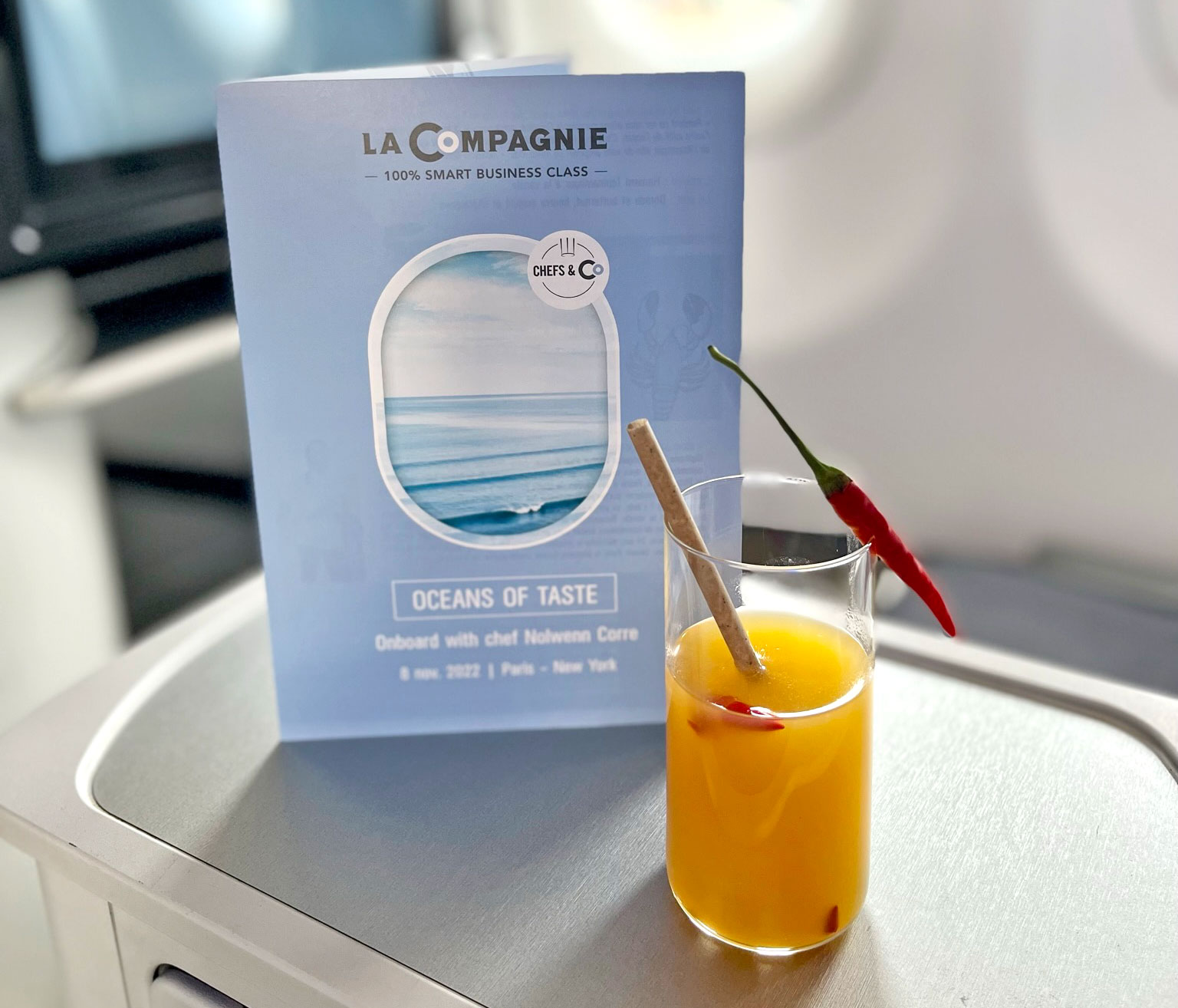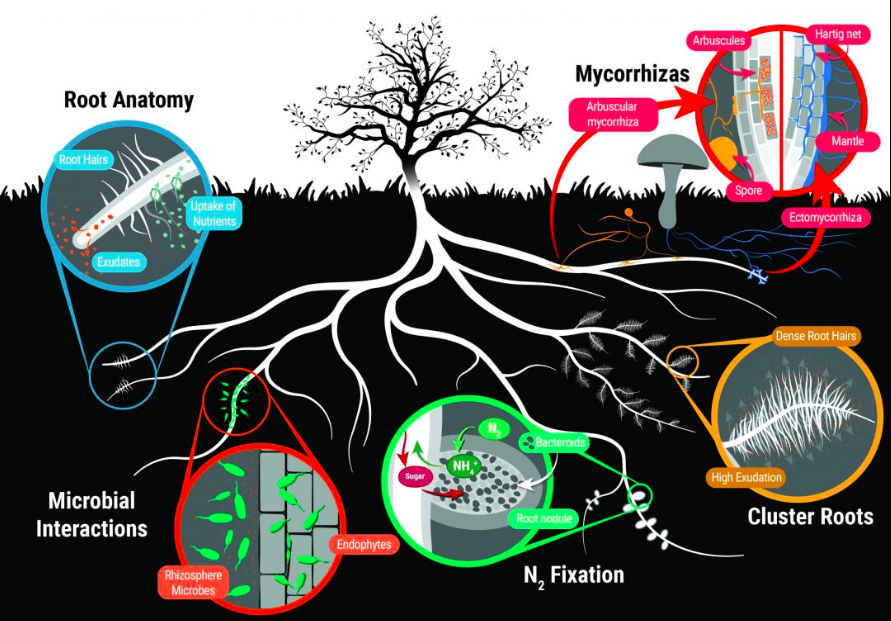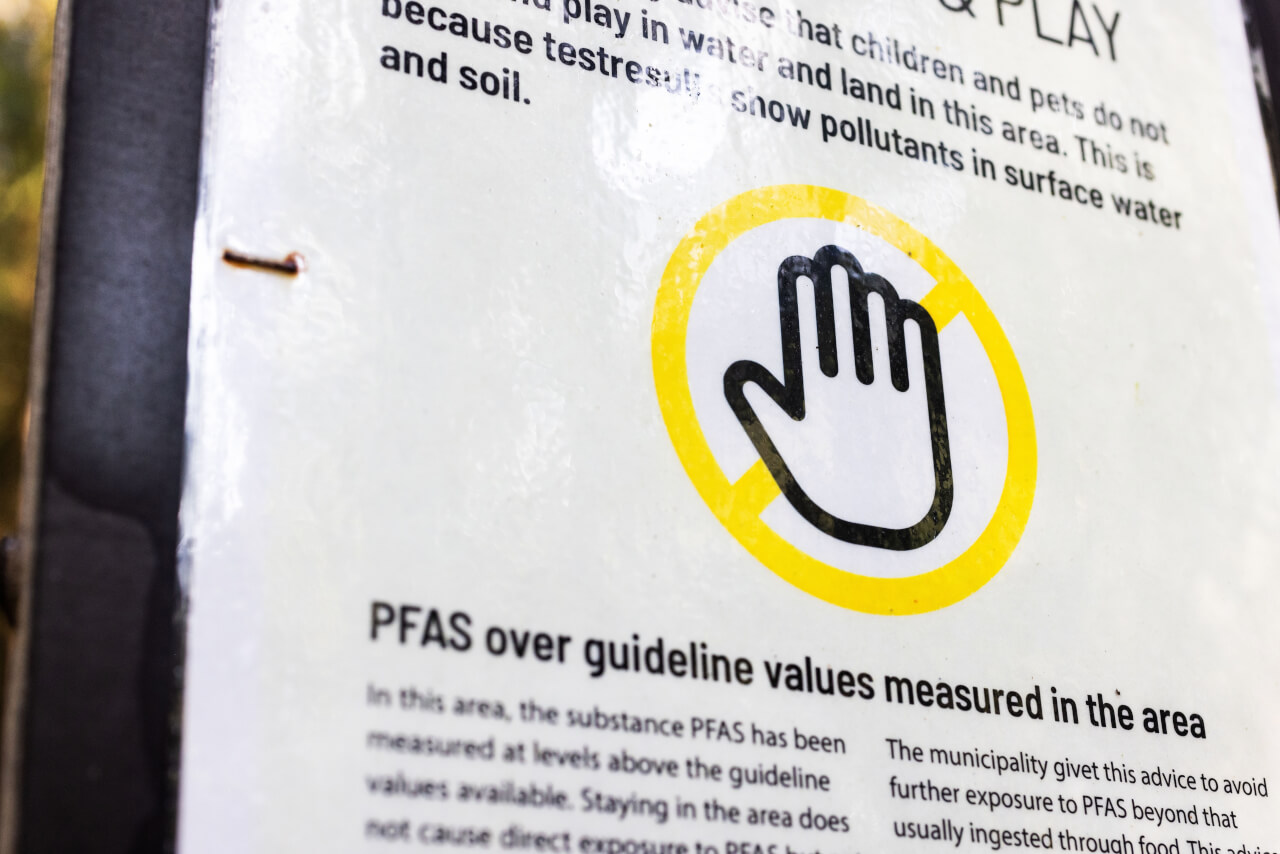[ad_1]
Brandi Karisch, beef specialist with the Mississippi State College Extension Service, stated beef manufacturing is a significant factor of the state’s agricultural financial system, with a complete estimated worth of $318 million in 2022.
“Mississippi producers face comparable challenges to these in lots of different states, as prices for feed, gas and fertilizer for pastures proceed to be excessive or rise,” Karisch stated.
Rocky Lemus, Extension forage specialist, stated the state’s beef trade is supported by the two.6 million acres of forage manufacturing throughout the state, together with about 600,000 acres in hay manufacturing.
“Though forage needs to be the muse of livestock manufacturing, some limitations akin to restricted rotational grazing and farm forage diversification require hay supplementation for 90 to 110 days within the 12 months,” Lemus stated.
This demand from the meat cattle trade places pressures on the state’s pastures to supply enough, high-quality forage. Lemus stated producers can cut back the necessity for supplementation in the event that they implement extra environment friendly rotational grazing techniques relatively than overgrazing and permitting weeds to develop into a barrier to forage utilization and return.
“Pasture value has elevated by 20% to 30% within the final 5 years because of the enhance in fertilizer prices,” Lemus stated. “We can not afford to proceed including fertilizers primarily based on guesses. Begin with a soil pattern to find out pH and nutrient ranges, and add fertilizer primarily based on these suggestions.
“This 12 months, we’re seeing a decline in fertilizer costs, and producers ought to benefit from this value discount to develop a nutrient administration plan that’s environment friendly and sustainable,” he stated.
The MSU Forage Extension Program works intently with county Extension places of work throughout the state to supply instruments and suggestions for producers.
“Our objectives and aims are to assist producers to be extra sustainable by growing grazing and nutrient administration plans that might improve forage high quality and manufacturing,” Lemus stated.
The exhausting freeze of December and the freeze in early March impacted cool-season annual grasses, akin to oats, and triggered a delay within the alternative to graze annual ryegrass.
“We in all probability misplaced 4 to 6 weeks of grazing potential resulting from these circumstances,” Lemus stated. “We predict decrease hay yield this summer time season and the hay stock to stay tight resulting from these circumstances.”
Mississippi has slightly below 16,000 particular person beef cattle operations within the state. Karisch stated that, as of Jan. 1, these producers had 860,000 head of cattle, together with 478,000 beef cows and 91,000 beef cow replacements. Scott, Jones, Tate, Hinds and Walthall counties lead the state with the variety of beef cattle.
State cattle producers are closely concerned in stocker cattle manufacturing, elevating greater than 400,000 head of stocker cattle within the state every year.
“We now have famous a decline in cattle numbers the previous few years resulting from many elements, and that is mirrored within the decreased variety of beef cows discovered this 12 months in comparison with final,” Karisch stated.
There’s a massive and rising group of customers who search domestically raised beef and are keen to pay a premium for meat merchandise from a identified supply. Karisch stated farmers markets and social media teams are nice methods to attach with native farmers and study the place meals comes from.
“Cattle producers supply domestically raised beef in all components of the state,” she stated. “There are a mess of choices for customers to purchase a half or entire beef or bundles and particular person cuts.
“Many producers are looking for out USDA-inspected services with particular person labels that enable them to market to customers who may not have the freezer house or money movement for buying a complete or half beef,” Karisch stated.
“Cattle producers like to share their story of how that beef was grown and raised on their farm, and I encourage customers to hunt them out and luxuriate in domestically raised beef,” Karisch stated.
[ad_2]
Source link






















